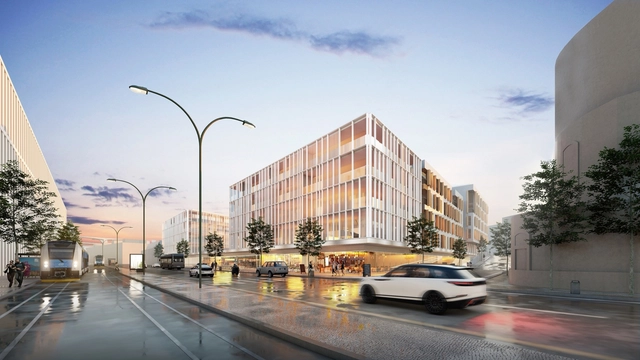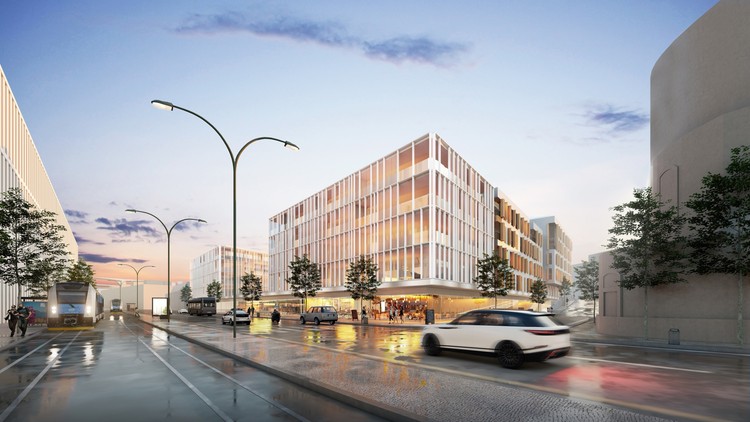
With the popularization of virtual reality and augmented reality, new ways of exploring architectural representations have become available to professionals and students. Immersion in three-dimensional digital models is increasingly common, whether through a computer screen, smartphone or VR headsets. In light of this reality, which seemed overly futuristic up until a few years ago, the online platform Tour Fácil has launched a free plugin that can view exported 360-degree images from SketchUp in virtual or augmented reality.


































































